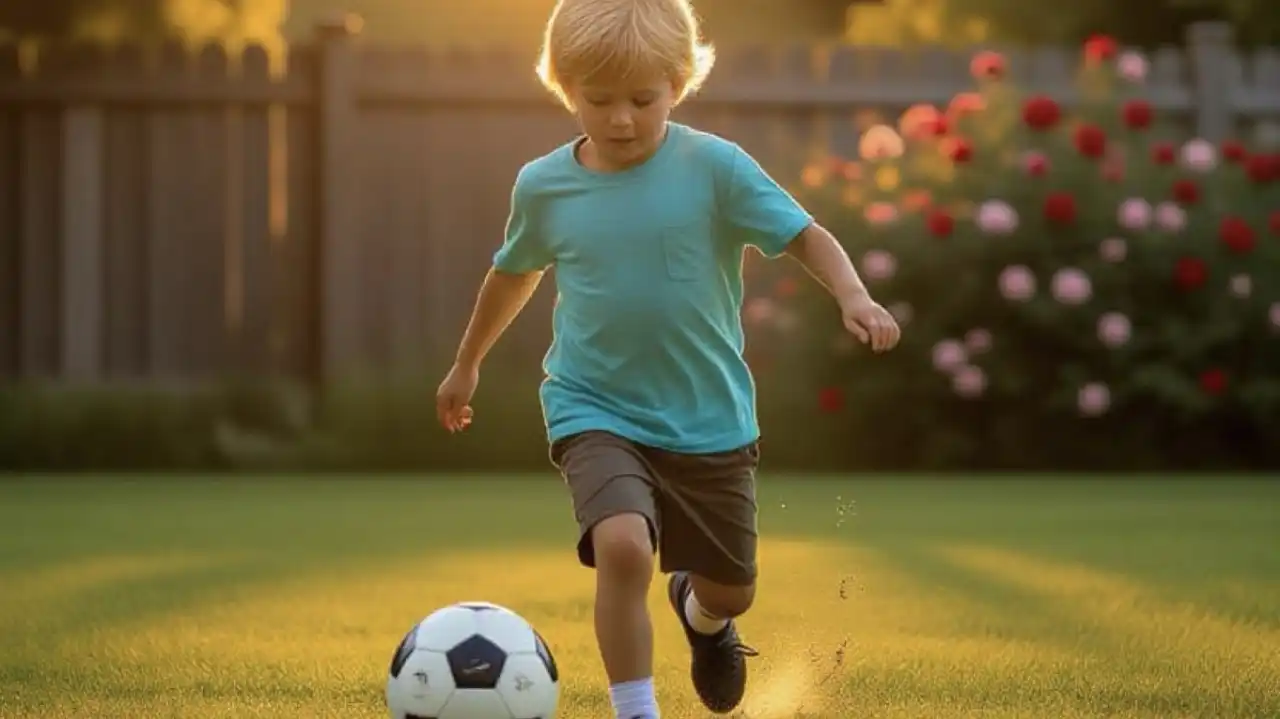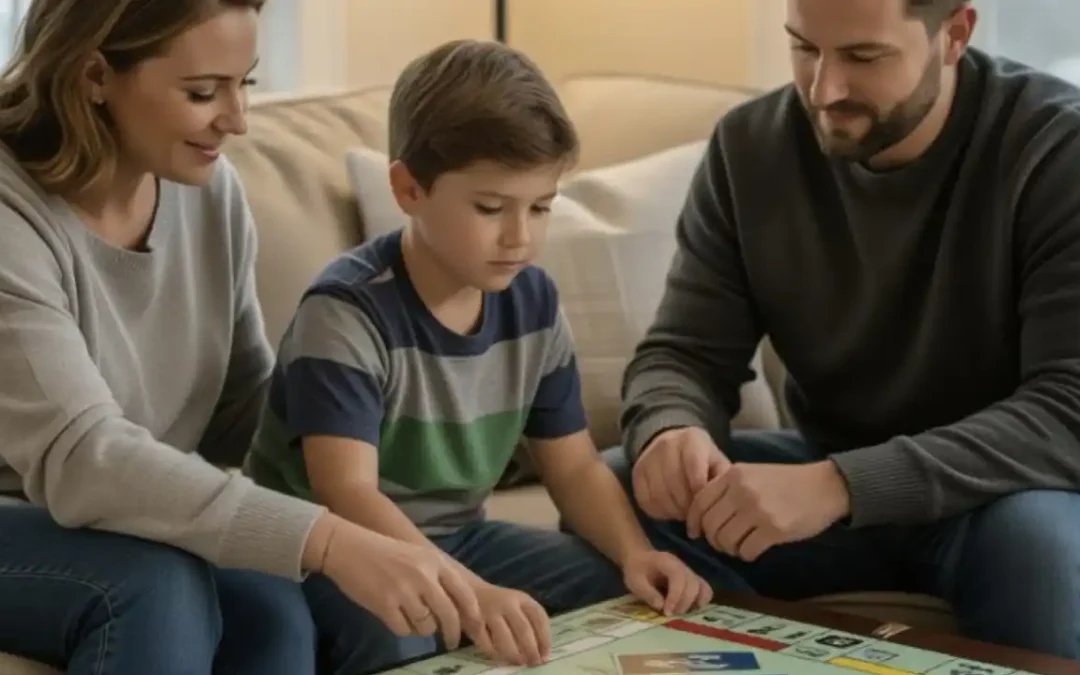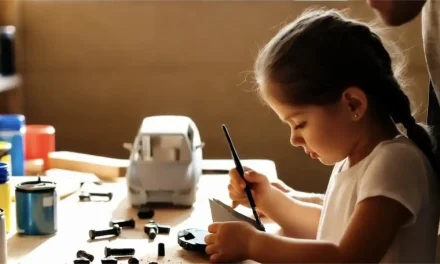
Mastering Emotional Resilience: Learning From Adversity
A
failed quiz or missed goal can shake a child’s confidence. One mistake, and they may shut down—convinced they’re not good enough. But failure isn’t the opposite of growth; it’s the engine of it. The Stoics understood this well. They didn’t flinch from hardship—they studied it. They treated setbacks as teachers, not threats. You can offer your child the same frame. When something goes wrong, ask, “What did this teach you?” It won’t erase the sting—but it turns the pain toward purpose.
One muddy afternoon, my son came home dragging his cleats, upset about a missed soccer goal. I sat beside him and asked what happened. “I messed it up,” he said. I nodded, then asked, “What would you do differently next time?” He paused. “Aim lower.” We kicked a ball in the backyard for a while. He scored, and smiled. That evening, he circled a missed math problem instead of skipping it. He didn’t just bounce back—he began to look at mistakes with a clearer mind. That’s the shift we’re after: from flinching to facing, from judging to learning.
When failure shows up, stay with it. Don’t rush to comfort or correct. Ask what they noticed, what they’d try again, what part they understand better now. For younger kids, that might be a spilled tower or a botched drawing; for teens, a tough conversation or missed deadline. The key is to keep it steady. You’re not minimizing the stumble—you’re extracting meaning. Over time, they’ll stop seeing mistakes as verdicts and start treating them as feedback. That’s resilience—and it’s earned.
Mastering Emotional Resilience

Mastering Emotional Resilience: Cultivating Inner Calm
Support children in finding calm through breathing, reflection, and routine. Inner peace strengthens focus and emotional balance.

Mastering Emotional Resilience: Accepting What Cannot Be Changed
Teach children to recognize what’s in their control. Acceptance builds emotional strength, calm, and resilience.
Table of contents

Primordial Soup for the Mind: Navigation
Navigate the book Primordial Soup for the Mind.
TIPS
- Welcome reflection without pressure
- Focus on insight, not blame
- Let them own the lesson
ACTIVITIES
- Lesson Pause: After a setback, ask “What did this teach you?” and listen closely
- Redo Round: Let them revisit a past mistake with a new approach
- Growth Notes: Keep a running list of “lessons learned” in a notebook or on a wall
TOOLS
Soccer ball, journal, or any object tied to effort and retry

Download “Primordial Soup for the Mind: A Parent’s Guide to Nurturing Intellectual Growth”
Enter your information to get this article and hundreds more as part of the FREE book Primordial Soup for the Mind.
Share your thoughts with the Thought Academy community in the Comments section below.

Sharpen those skills!
Enter your information to get our FREE practice exercises so you can hone your critical thinking and reasoning skills!







0 Comments